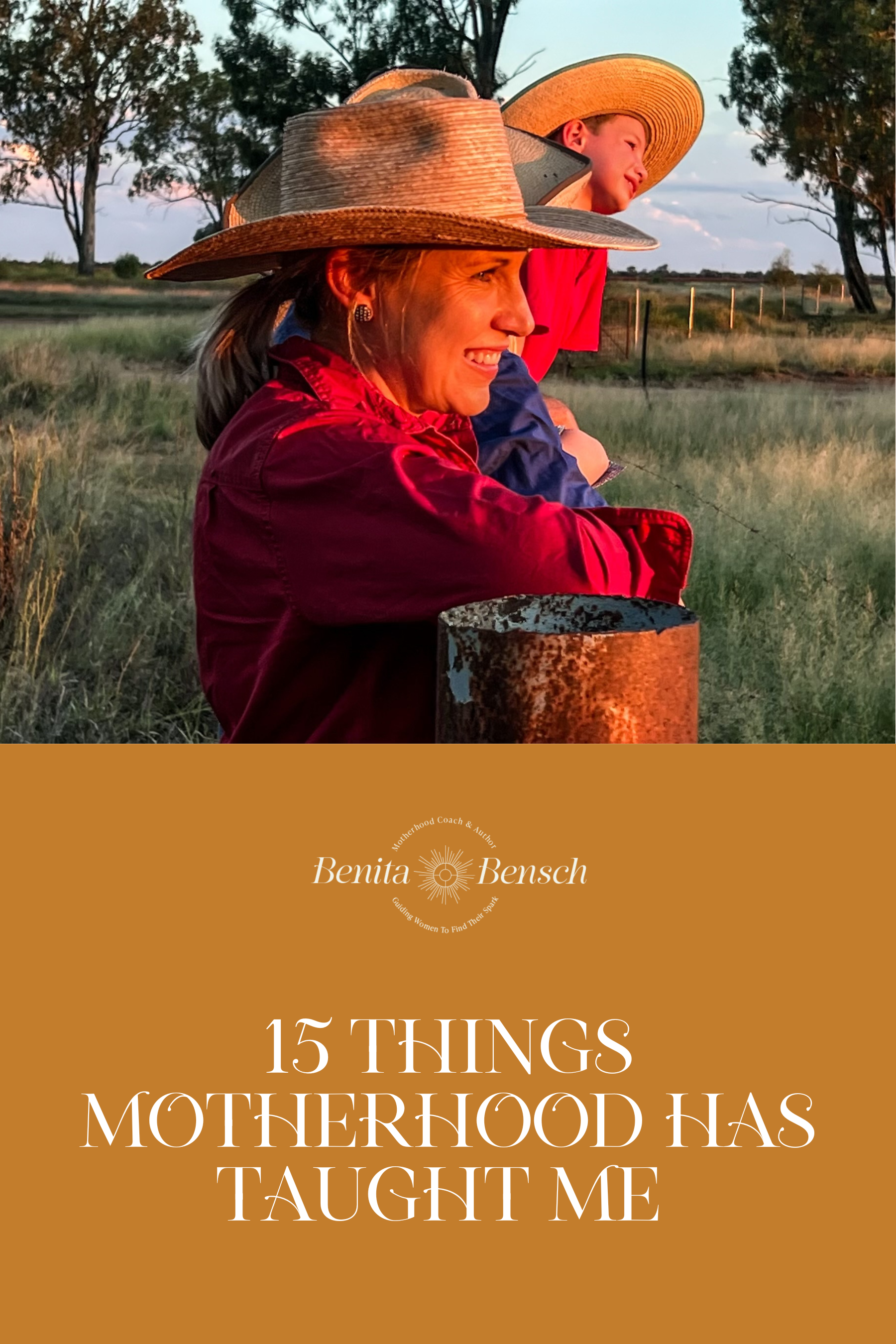Resilient is a word I use to describe mothers and it’s certainly a commonly used word in relation to rural Australians. However, what does it actually mean to be resilient? I’ve long been intrigued by the topic of resilience.
I recently wrote a summary of a Profitable Farmer Podcast Episode 106: The Psychology of Resilience for the Farm Owners Academy and I’d like to share it with you here. This episode contains immensely valuable information about mental ill-health, mental fitness, the neuroscience of resilience and strategies you can employ for self-regulation and co-regulation under threat, adversity or challenge. This blog is simply a summary and my interpretation of what was discussed. To listen to the actual podcast episode click here.
In this podcast episode Jeremy Hutchings (host and Farm Owners Academy Managing Director) interviews Maria Ruberto, a Clinical Psychologist who specialises in neuroscience and the deep psychology of human resilience. The core mission of Maria’s work is to transition people towards a state of flourishing, embedding respect, resilience and resolve along the way.
Maria’s official definition of resilience is: Advancing despite adversity. Three simple, yet very powerful words. It’s tricky for me to condense what Maria shares without it losing its meaning so instead I’m sharing the most impactful statements I took from this podcast (noting they may not be 100% accurate word-for-word but very close!).
- We all experience states of anxiety and depression because it is normal to do. To live a normal human life, you need to live the entire spectrum of moods, states and emotions. It’s problematic when we get stuck in a particular state that does not serve us or is no longer responsive to our environment.
- As children we can quickly assess our environment and form a belief without checking it out with anybody. We can hold those belief systems for a very long time and they lead and dominate us.
- For mental health, we need to be really careful about how we use our attention. Our attention is where we choose to focus at any one point in time.
- Nothing is more intimate than what we feel in our bodies and what we think in our head.
- Our mind is only as powerful as the health of our brain allows it to be. When there’s a disconnect in our brain we are less resilient, and when it’s really well connected to all of its parts we are more resilient.
- The amygdala is the threat centre of the brain. There’s a bit of it that’s sensitive to threat and adversity, that can go into an alarm state very quickly. Our job is to train the amygdala to shine for us, not shout for us. When we build resilience, we have skills and strategies to build up the prefrontal cortex of our brain (where higher order thinking happens) – because the stronger it is, the more it can quiet the amygdala from taking over.
- Composure is our capacity to be able to self-regulate our body and mind when they become loud. When we’re in the high alert state it’s important to find ways to calm and soften the noise, so our prefrontal cortex can begin to think. Strategies include stopping, pausing, going for a walk, getting a cuppa, movement, and breathing techniques.
- Co-Regulation: When you find someone who can hold space for you and just be with you (and you for others) you can go back to a balanced state far more quickly. There is nothing more powerful than a hug, a shoulder rub, holding someone’s hand and saying “I’m here, I’m not going anywhere.” Communities of care are really important. The connectedness of them creates co-regulation.
- The minute you ask “how are you?” you become a circuit breaker in someone’s spinning head. For them to hear what they think externally is different to internally. The idea of getting people to talk is fundamental.
- We would never talk to other people the way that we talk to ourselves.
“Resilience is not that you avoid the fire; resilience is about knowing how hard it is to be burnt and being very present in knowing what that experience is like. Resilience is not something that feels good. Resilient people experience the burn, the distress, and experience the adversity, but advance despite it.” – Maria Ruberto
I love the concept Maria shares about ‘holding ourselves in care.’ A final word from her: “Hold yourselves in care. Be mindful of how you’re feeling and if/when you need to switch off or ground yourself.”
A community of care is exactly what we’ve created in our new membership GLOW – A Motherhood Immersion. Discover more about GLOW here and how it can nourish you as a mother and support you to glow from the inside out.
Until next time, go forth with deep compassion for yourself, and for others.


